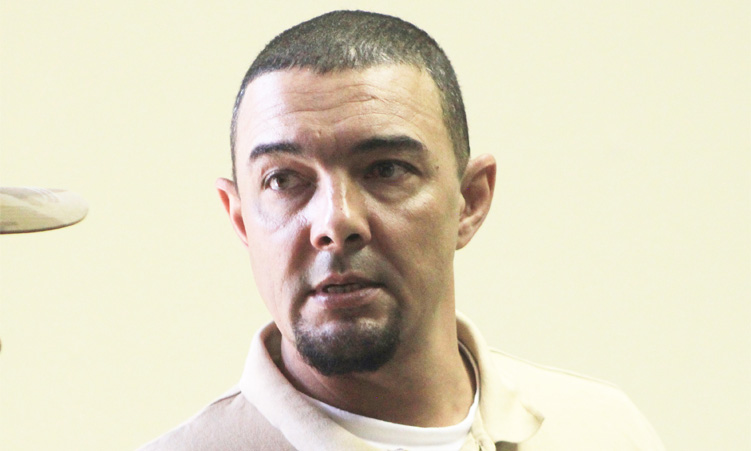AS one of the driest countries south of the Sahara, Namibia has to declare war against desertification and land degradation, says a Namibia environmentalist.
Sem Taukondjo Shikongo, head of the International Environmental Agreements department in the Ministry of Environment and Tourism, says Namibia has made major steps towards that. He singled out the National Programme on Combating Desertification (Napcod), which came to an end few years ago, as an example.From last year to June this year, Shikongo chaired the Inter-governmental Working Group of the UN Convention on Combating Desertification (UNCCD), which is developing a 10-year strategic plan.The strategy will be tabled for adoption at the eighth conference of parties to the UNCCD, to be held in Madrid in September.Namibia has identified desertification and land degradation as serious problems and Napcod has been superseded by the Country Pilot Partnership for Integrated Sustainable Land Management (CPP-ISLM) programme.The programme seeks to involve anyone to whom sustainable land management is important, starting at the local level up to the donor community.The goal of the programme is to set up mechanisms at local level that allow all local resource users – be they farmers, pastoralists, foresters or water-point managers – to call for support and extension services.Breaking the vicious circle of poverty and land degradation, identifying economic opportunities and setting up institutional mechanisms are the main focus in achieving sustainable land-use management.He singled out the National Programme on Combating Desertification (Napcod), which came to an end few years ago, as an example.From last year to June this year, Shikongo chaired the Inter-governmental Working Group of the UN Convention on Combating Desertification (UNCCD), which is developing a 10-year strategic plan.The strategy will be tabled for adoption at the eighth conference of parties to the UNCCD, to be held in Madrid in September.Namibia has identified desertification and land degradation as serious problems and Napcod has been superseded by the Country Pilot Partnership for Integrated Sustainable Land Management (CPP-ISLM) programme.The programme seeks to involve anyone to whom sustainable land management is important, starting at the local level up to the donor community.The goal of the programme is to set up mechanisms at local level that allow all local resource users – be they farmers, pastoralists, foresters or water-point managers – to call for support and extension services.Breaking the vicious circle of poverty and land degradation, identifying economic opportunities and setting up institutional mechanisms are the main focus in achieving sustainable land-use management.
Stay informed with The Namibian – your source for credible journalism. Get in-depth reporting and opinions for
only N$85 a month. Invest in journalism, invest in democracy –
Subscribe Now!









